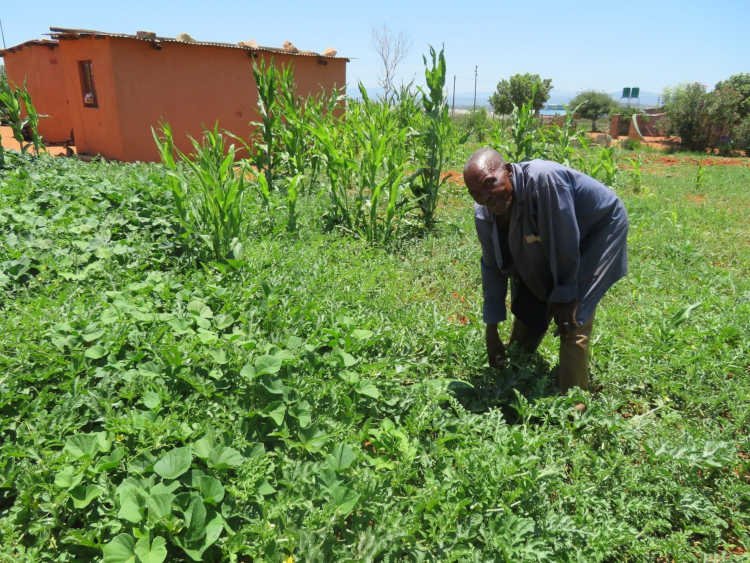A new study compiled by the World Data Lab shows that 48.96 percent of the South African population is likely to have enough food to eat by 2025.
Development Diaries reports that the study was commissioned by the Shoprite Group to focus national attention on food insecurity in the country.
The study also aimed to mobilise South Africans to explore every feasible option to end hunger by 2030 in line with the United Nations sustainable development goals (SDGs).
‘Provincially, Limpopo will suffer the worst food insecurity with 54 percent of the population not sure about where their next meal will come from’, the report read.
‘Although in the Western Cape and Gauteng, the numbers will be better, they are still high at 41 percent and 47 percent respectively’.
The persistent energy crisis, massive unemployment, and poverty are just a few of the issues that South Africa is dealing with.
These have a detrimental effect on South Africa’s level of food security by increasing the number of people and households going hungry and making food more expensive and inaccessible for many.
According to South African government figures, about 2.1 million (11.6 percent) South African households reported experiencing hunger in 2021.
Food insecurity has profound and far-reaching consequences for development in South Africa. As a nation grappling with a high prevalence of hunger and malnutrition, the adverse effects are felt across various sectors.
Inadequate access to nutritious food not only undermines the physical health of the population but also hinders cognitive development, particularly in children, leading to lower educational attainment and diminished human capital.
The economic implications are also significant, with decreased labour productivity and increased health care costs due to diet-related diseases.
Moreover, food insecurity exacerbates social inequalities, contributing to unrest and social instability, which can hamper economic growth and political stability.
Addressing food insecurity is a critical component of fostering sustainable development and social progress in South Africa, as it is intrinsically linked to overall well-being and the nation’s ability to achieve its development goals.
Development Diaries calls on the South African government to take urgent steps towards addressing food insecurity.
Source: SABC News
Photo source: UNDP







